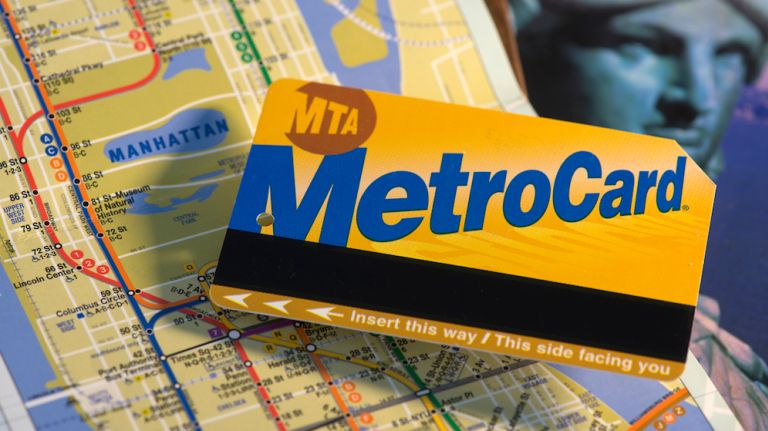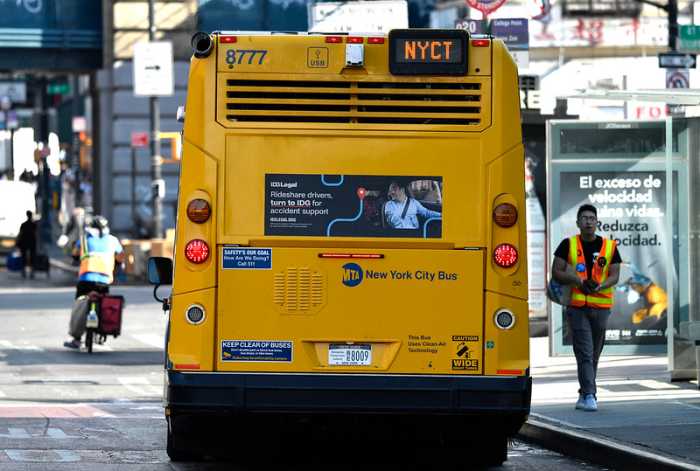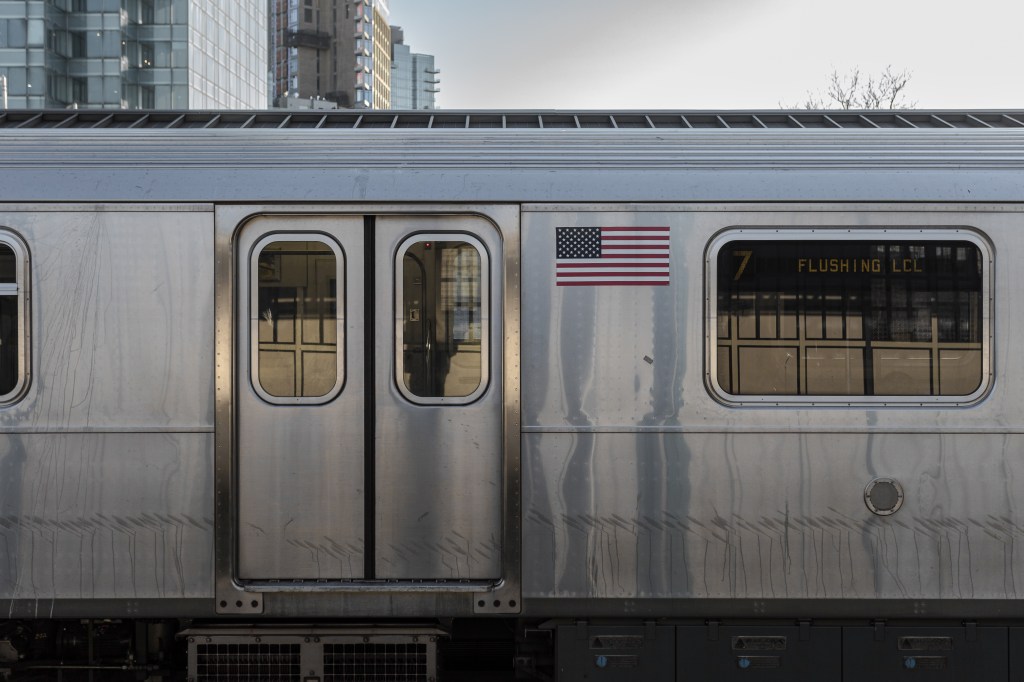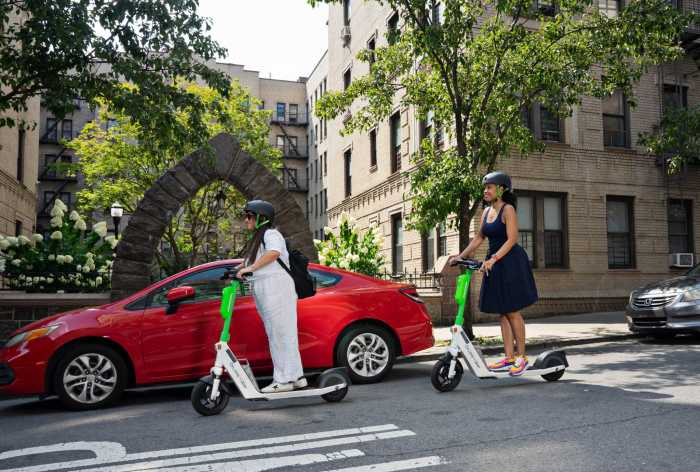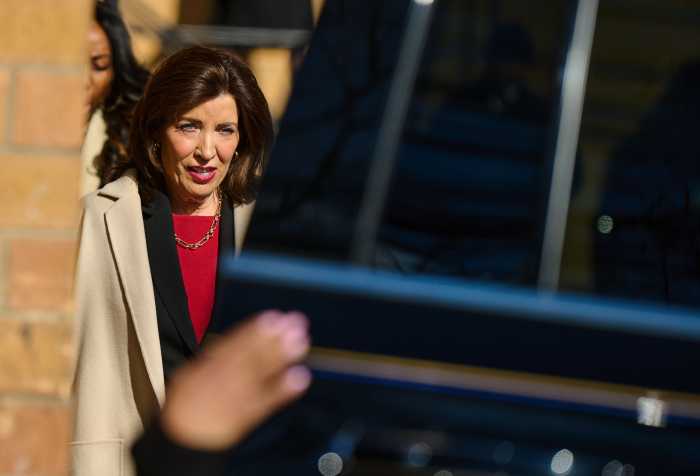While announcing billions of dollars in cuts, Mayor Bill de Blasio said Tuesday that the 2021 fiscal year budget, though impacted by the COVID-19 pandemic, nonetheless aimed to make New York City fairer for everyone.
But that message was undermined by the outcry against his administration’s decision to cut funding for half-priced MetroCards by $65 million in the next year’s budget, limiting the access of many low-income beneficiaries to the program to paying the full price.
De Blasio said he regretted the cuts to the “Fair Fares” program, but said it was inevitable due to the lack of help from Capitol Hill, and the refusal by state government to permit city borrowing.
“We had hoped for months that there would be a stimulus bill voted on in Washington to help New York City … We don’t know when it will happen; we have to move on without the stimulus. We had hoped for borrowing authority from Albany, did not happen,” de Blasio said. “It was an effective, important program, [but] at a period when MTA ridership was down to 10 percent of what it had been for a prolonged period of time, I think the underlying concept of the program was disrupted profoundly by the coronavirus.”
Instead of providing for low-income transit riders, de Blasio’s budget placed a high priority in providing the healthcare, especially in neighborhoods hardest hit my COVID-19 as well as $450 million for food programs.
The implementation of the Fair Fares program was slow and painful for advocates who pressured the de Blasio administration to place $200 million in the 2019 budget, and when it was adopted it was only available to about 30,000 people. By November 2019, 76,000 New Yorkers were enrolled in the program through the city Department of Social Services.
Originally in the 2019 budget, the de Blasio administration slated to receive $106 million but was later doubled to $212 million, making for the most recent cut to account for about a quarter of the total funding.
Those who qualify for the Fair Fares program are some of the city’s most vulnerable; a person must have an income below the federal poverty line and must also be receiving SNAP benefits from the city.

